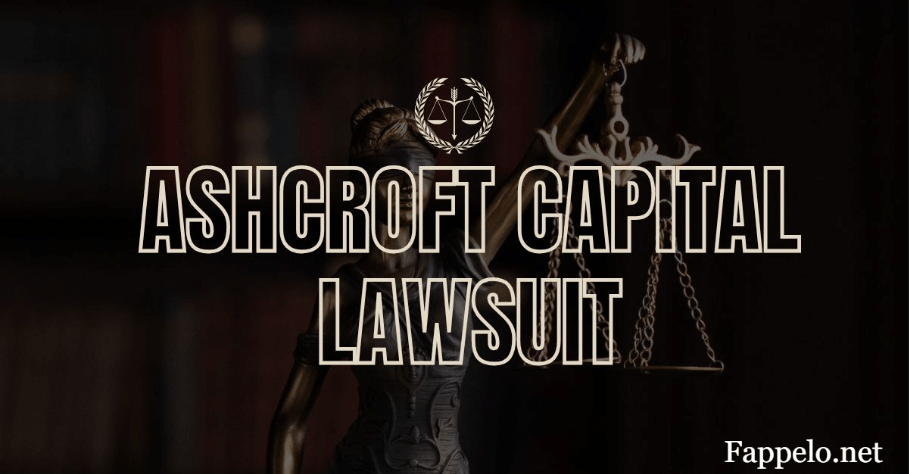Probate can sound intimidating, but it doesn’t have to be! If you’ve found yourself in charge of someone’s estate, the probate process is your roadmap.
It’s all about ensuring assets are properly distributed, debts are paid, and the wishes of the deceased are respected. From filing the will to distributing the final assets, each step is a piece of the puzzle.
Let’s break it down into easy, digestible chunks to make navigating this process a breeze!
Validating the Will
The first step in the probate process is validating the will. This means confirming that the document is legitimate and legally binding. The court will review the will to ensure it meets all the legal requirements.
If the will is valid, it’s admitted to probate, and the executor can begin managing the estate. If there’s no will, the estate will be handled according to state laws.
Sometimes, the validity of the will can be contested. In these cases, it’s important to follow proper legal steps to ensure everything is handled appropriately.
Hiring a Probate Attorney
Hiring a legal professional helps simplify the entire probate process. They can assist with:
- legal paperwork
- court filings
ensuring everything follows the correct procedures
A probate attorney will also provide valuable advice and representation if any disputes arise. If you need expert guidance, consider professionals like this probate attorney in Orlando, specializing in probate matters.
Their expertise can make a stressful process much smoother, allowing you to focus on your loved ones during a challenging time.
Inventory the Assets
After validating the will, the next step is to inventory all the assets of the estate. This includes:
properties
- bank accounts
- personal belongings
- investments
The inventory process is crucial for several reasons, including accurate valuation for tax purposes and ensuring that no assets are overlooked. If necessary, the executor may need professional assistance to value the estate’s assets properly.
This helps ensure that everything is accounted for and that the distribution process will be as smooth as possible.
Paying Debts and Taxes
Before distributing assets, the estate must settle all debts and taxes. This includes paying any outstanding bills, loans, and estate taxes.
The executor is responsible for ensuring all debts are cleared before any distributions are made. Failing to pay debts and taxes can cause legal issues for the estate.
In many cases, a probate attorney can help ensure the process is done correctly, preventing potential complications.
Distributing the Assets
Once all debts and taxes are settled, the final step is distributing the assets to the heirs or beneficiaries. This process follows the instructions laid out in the will.
If no will exists, the estate will be divided according to state laws. The executor is responsible for making sure that everything is distributed fairly.
However, there are cases where disagreements or legal challenges may arise. Having the right legal support can help resolve any disputes that might occur during the distribution.
Essential Steps in the Probate Process
Navigating the probate process can be complex, but understanding these essential steps can make it much more manageable. Whether handling a loved one’s estate or preparing for the future, having the right guidance is key.
If you ever feel overwhelmed, don’t hesitate to seek professional help. Contact a probate attorney today and ensure everything is handled smoothly and according to the law. Your peace of mind is just a click away!
Did you find this article helpful? Check out the rest of our blog now!



